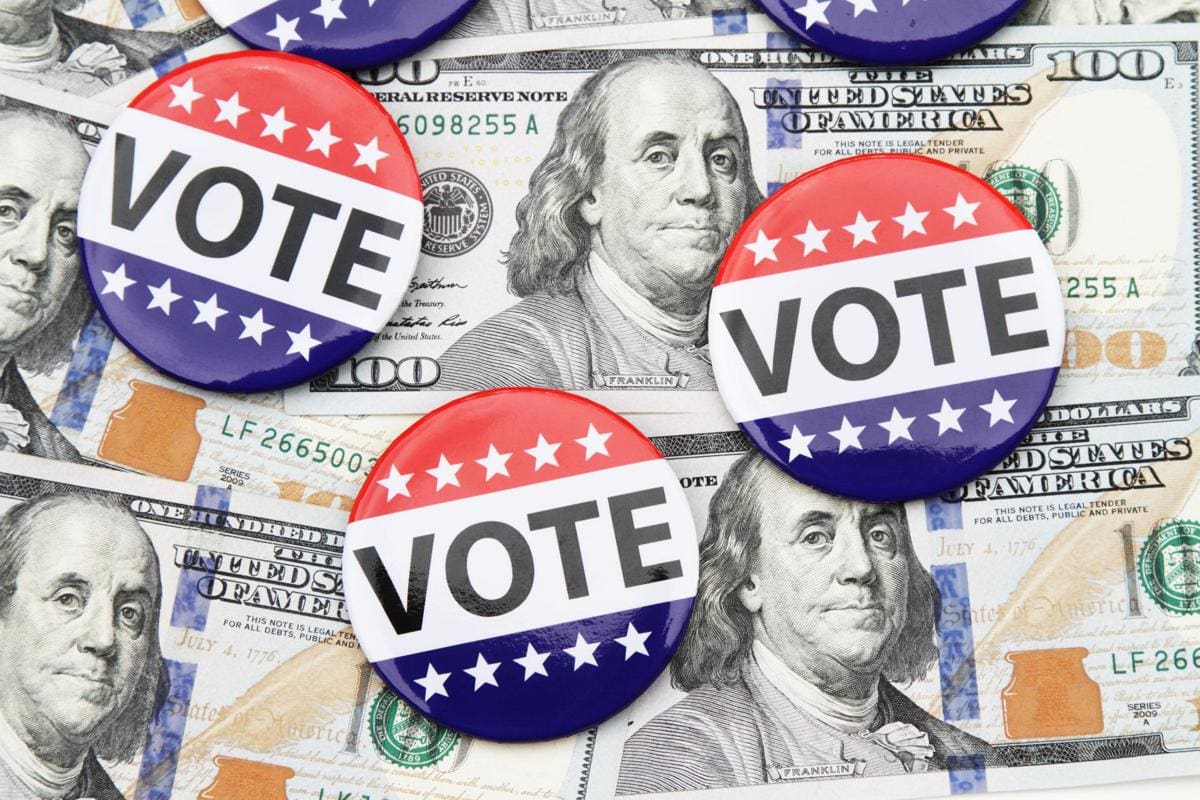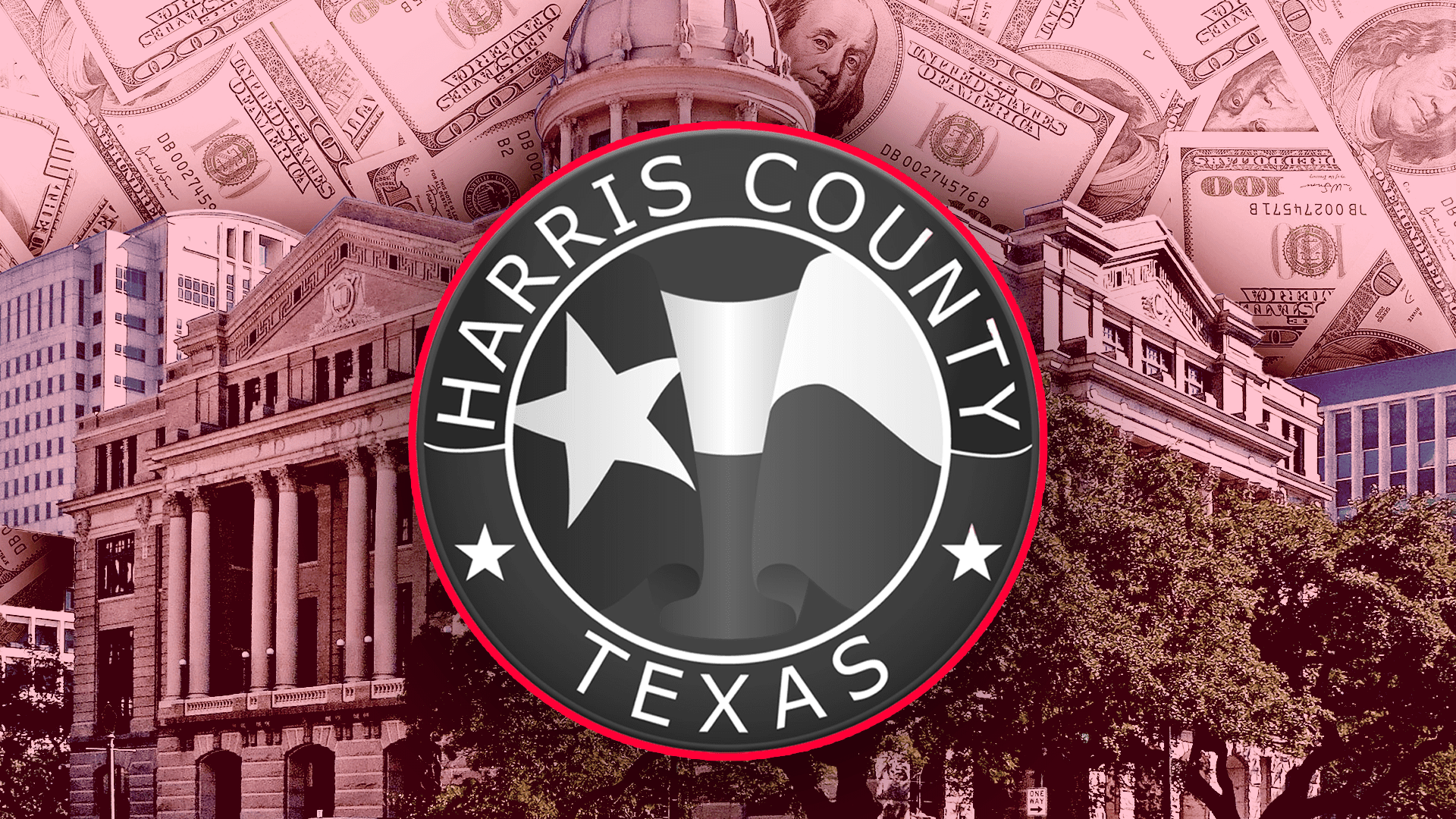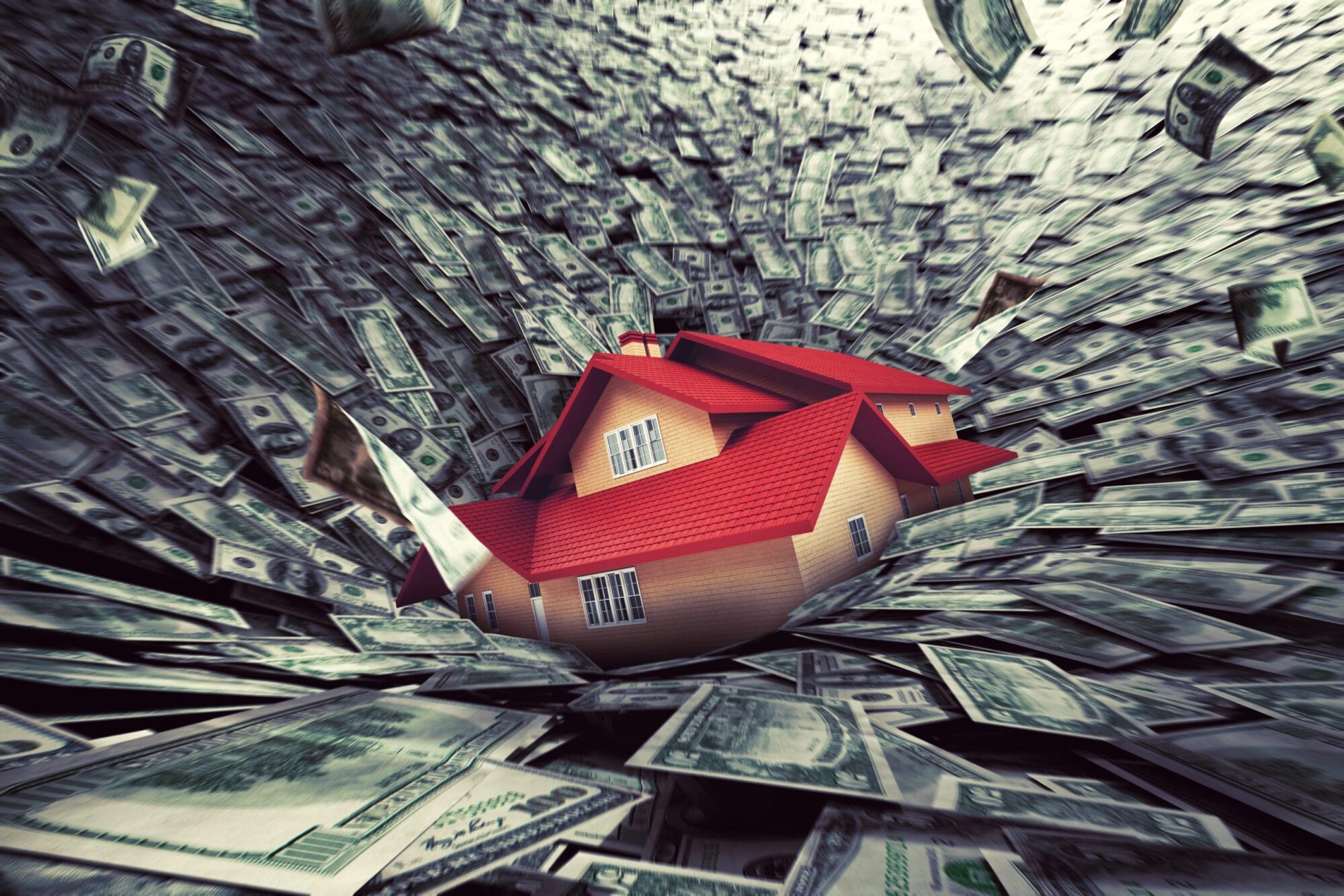On Thursday, a city in North Texas announced plans to cut spending as it braces for a sharp drop in revenue resulting from the coronavirus shutdown. It’s not yet known if the city intends to lower homeowners’ property tax bills.
In a post on their Facebook page, the city of North Richland Hills said it is “making budget cuts in all operations, including across-the-board pay cuts for all full-time employees.”
“Just like so many families and businesses across the community, we must make difficult decisions and adjust our spending,” City Manager Mark Hindman stated. “We must react in a way that continues critical services and does not place additional burden on the taxpayers.”
Much of the revenue shortfall is expected to come from sales taxes—which accounts for 20 percent of the city’s revenues—as well as from charges such as permits.
Hindman’s cuts so far include closing “non-emergency” services for three days in May, a hiring freeze, stopping travel expenses, and either reducing or ending hours for part-time staff.
What is not yet mentioned in conjunction with these cuts are reductions in homeowners’ property tax bills.
According to data from the Tarrant Appraisal District, NRH’s average property tax bills for homeowners increased 6.75 percent from 2018 to 2019, and almost 50 percent from 2013 to 2019 ($766 to $1,148).
From Fiscal Year 2013 to 2019, the city’s general fund expenses rose nearly 19 percent, an increase of almost $8 million.
There are now 1.7 million Texans unemployed as a result of the coronavirus shelter-in-place policies. It is not yet known what the number is when considering those who haven’t filed for unemployment yet, aren’t eligible, or otherwise aren’t filing.
Inquiries have been sent to every member of the NRH City Council and Mayor Oscar Trevino asking if there are intentions to reduce homeowners’ property tax bills. Texas Scorecard received the following reply from Hindman:
“The articles in the news reflect actions the City is taking in order to compensate for a significant decline in revenue from sales tax, fines, fees, and other charges that have declined over the past two months. Property tax rates and revenue will be evaluated as part of the 2020-21 budget process this summer.”
Trevino stated in the social media post that NRH was working with the state and county to reopen businesses in the city.
“We are not out of the woods yet,” he said. “But at the same time, it is important that we strategically start planning to get our residents and business owners back to work.”
Concerned taxpayers in NRH may contact their city council and mayor.





